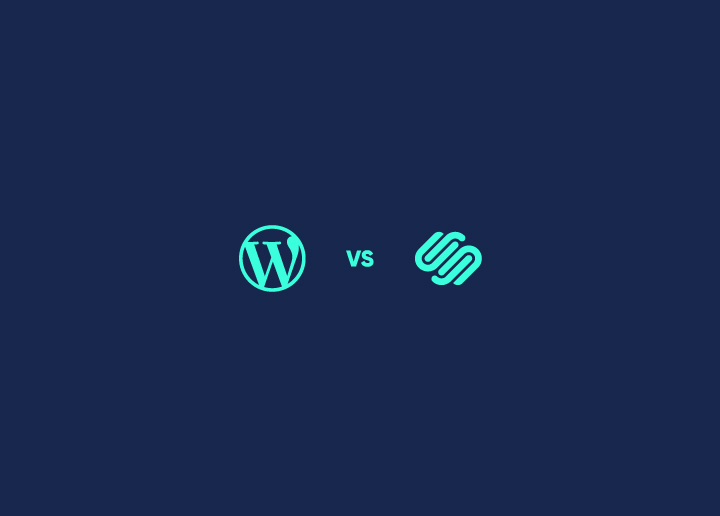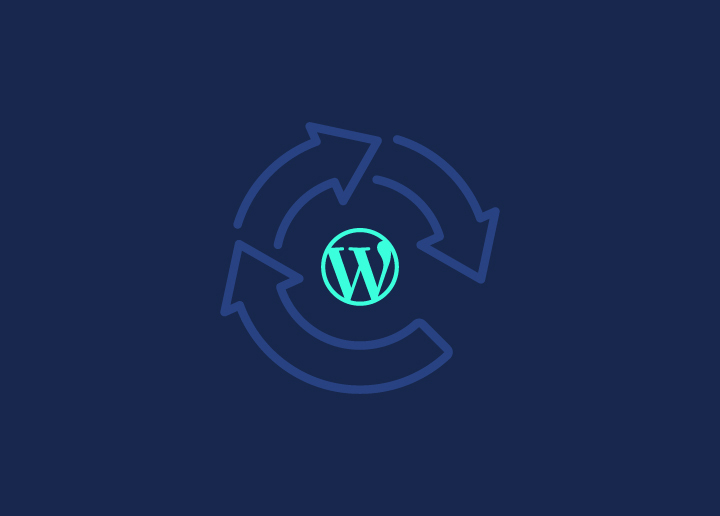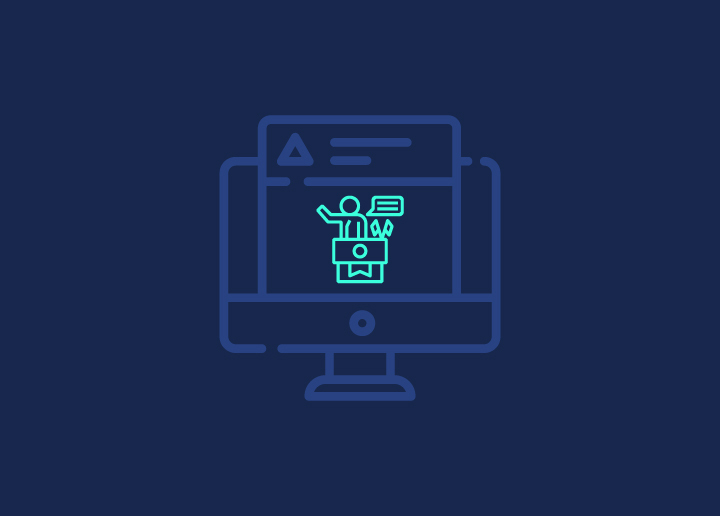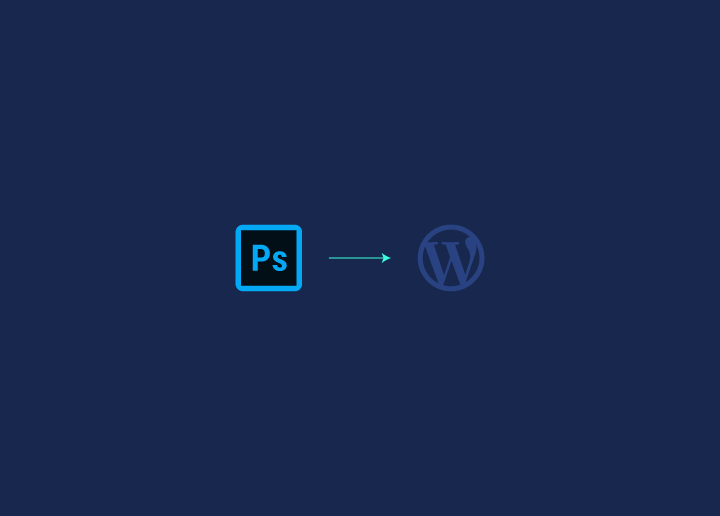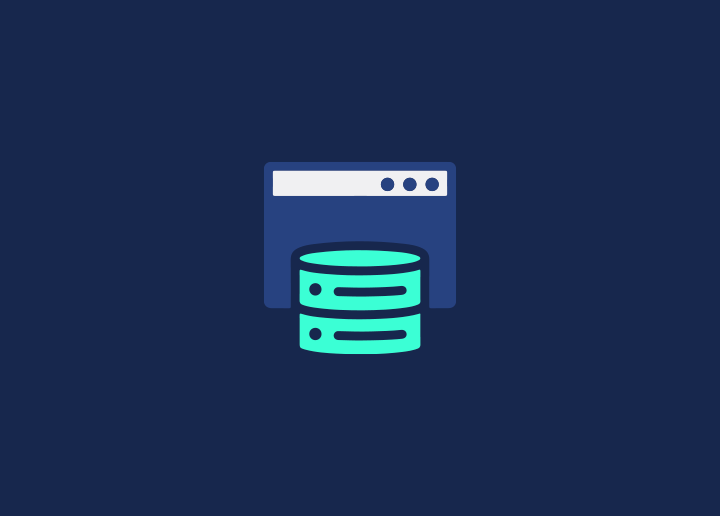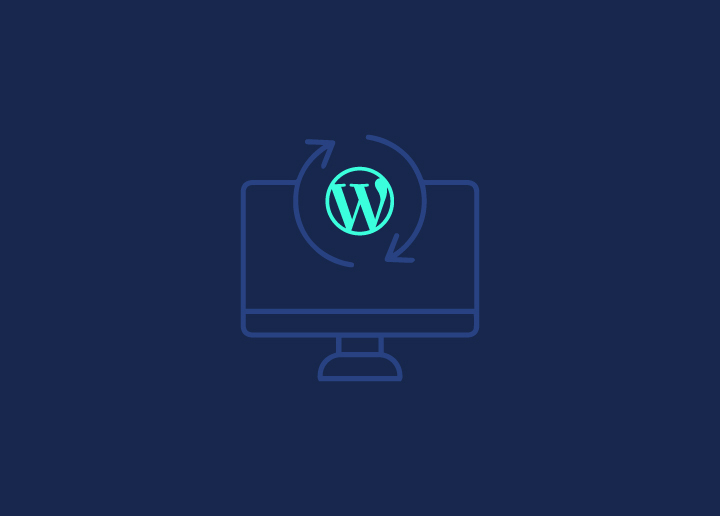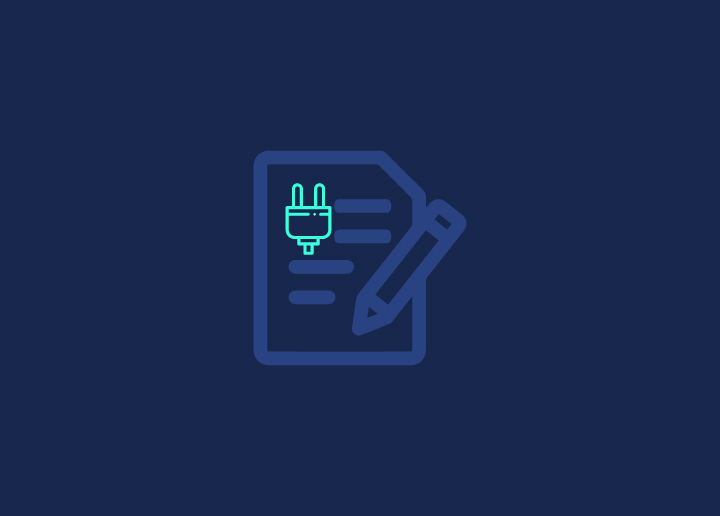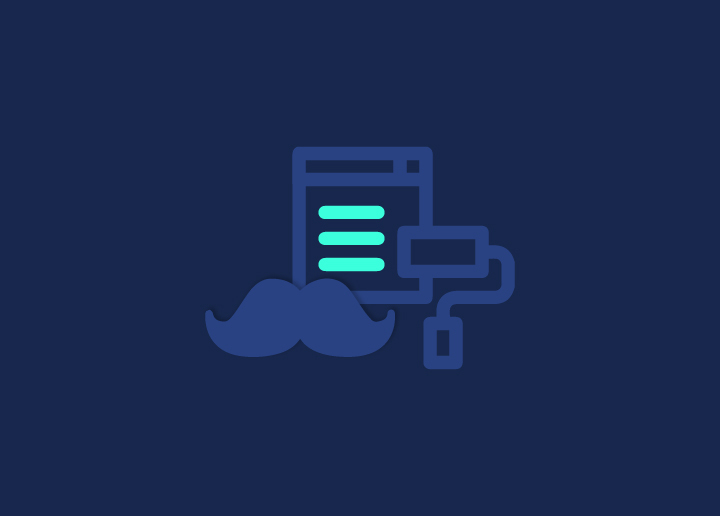Regarding website optimization, the importance of caching in WordPress cannot be overstated. There has been a lot of discussion regarding caching on the internet in general. However, for a significant portion of the WordPress user base, it is still a somewhat underutilized function.
What is the purpose of caching? We know it can help our websites load faster, but is there more to it? How should we use caching to improve the speed of our WordPress sites? Are there any particular considerations to be made?
All of the questions above about caching in WordPress will be answered in this article.
The importance of WordPress caching
First and foremost, take a minute to get acquainted with the caching process in general.
Caching, to put it simply, is the act of producing static copies of your information and providing them to visitors. Browsers display static websites rapidly in most cases. As a result, your website will dash.
Rendering or obtaining a page or custom post type in WordPress necessitates back-and-forth queries to and from the database. You will often write a post or a page and then not update it regularly. Caching saves copies of your post or courier as static files and provides them to visitors. This eliminates the need for back-and-forth queries to and from the database, and As a result, the server burden is reduced.
The advantages of caching
There are several advantages to caching in WordPress, including:
First and foremost, it improves your website’s speed and performance. Because static cached files load faster than dynamic database queries, your website will load quicker and perform better.
Caching can also assist your hosting server handle more traffic. This will help conserve memory and I/O operations on the server. As a result, caching is quickly becoming necessary, particularly for those with limited hosting resources.
Faster websites not only load faster but also rank higher in search engines. This, of course, is greatly influenced by other factors, such as the content quality and your SEO settings.
However, assuming all other factors remain constant, a website that loads faster will have a higher page rank than one that does not. Google has acknowledged that page speed is taken into account.
Cached websites give a better overall user experience. A quicker site allows consumers to navigate more efficiently. Furthermore, because static cached pages are less in terms of filesize than dynamic queries, a cached site saves the user’s bandwidth (although by a small margin). Apart from simple page caching, your caching solution must employ integrated and minified JavaScript and CSS.
Cached material can be served by your web browser, hosting server, and caching plugins, making it impossible to view the modifications you made to your website immediately.
The first piece of troubleshooting advice you will generally hear is clear your WordPress cache.
Want to know more about this topic? Head to Seahawk Media for the best information on Caching








